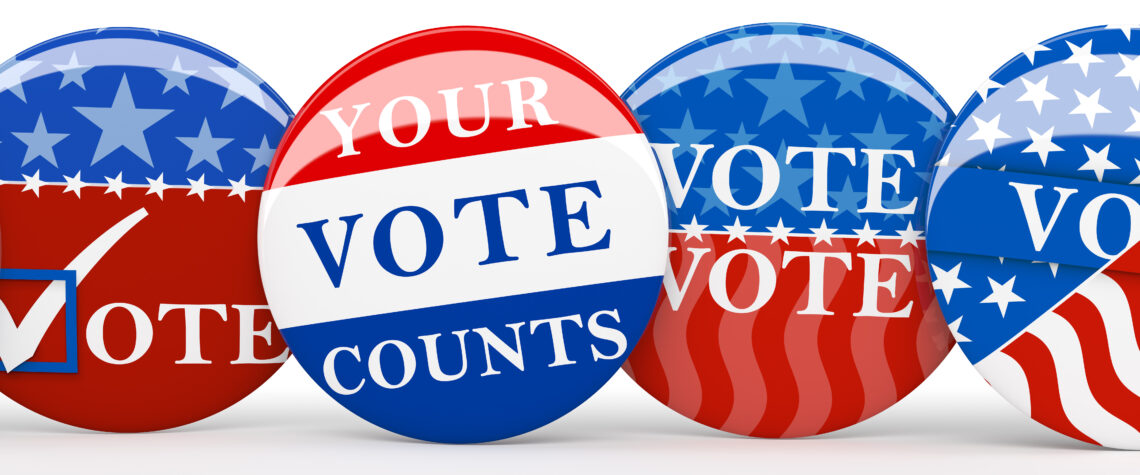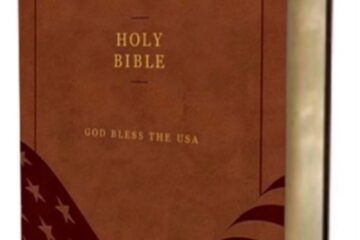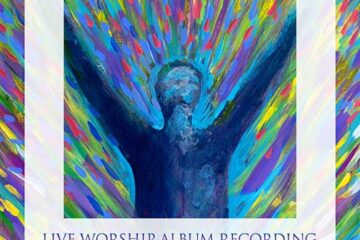A recent national poll revealed that at least two-thirds of Americans believe the upcoming 2024 election is very important for the future of U.S. democracy.
There is also a strong indication from recent findings that the confidence level is at an all-time low in the lawful transfer of power in U.S. elections. In fact, some indices show that such confidence is down 10% from 2016.
News agencies are already citing concerns over whether we could again see legal challenges to ballot box results, and whether candidates on both sides of the isle will question or accept these results.
Most election experts are predicting that the 2024 presidential election will be close, with only a handful of “swing states” providing one candidate with a slim margin of victory.
The irony is that several states have enacted post-2020 measures to expand voting access and ensure election integrity. In traditionally democratic-leaning states, these measures have sought to expand how and when peopled may register to vote and the way they can cast a ballot, often with few checks and safeguards. In the more red, Republican-leaning states, there have been election-integrity laws requiring verified identification to cast a ballot. Such measures are derided as “Jim Crow 2.0 by their Democrat opponents.
Either way, many of these legislative changes will likely be used by a losing party on either side to justify a claim that the election was somehow rigged or stolen.
In 2000, then-Vice President Al Gore conceded the presidential election to George W. Bush and then rescinded his concession. What followed were 36 days of political and legal arguments before both the Florida Supreme Court and the U.S. Supreme Court before Bush was determined the victor by the very slimmest of margins — 537 votes. Many Democrats have never accepted that loss.
In 2024, if the outcome of the election is as close as some predict, Democrats may likely say new, red-state election integrity laws disenfranchised millions of voters — even if the vote count is higher than normal. Likewise, Republicans may likely say that blue-state changes made it possible to cheat and deny their candidate the victory.
Free and fair elections are the cornerstone of our political freedom in the U.S. Without faith in our electoral process, the door is left open to question the legitimacy of our political leaders, and such a lack of confidence erodes the foundation of our system of government.
External threats of election interference just add to the problem by undermining public confidence. Shaping the flow of information on the internet is now an essential strategy of those seeking to disrupt the democratic transfer of power through elections. Major authoritarian powers like Russia and China have been implicated in cyberattacks and information warfare linked to elections in democratic states.
For those of the Christian faith, election integrity is an important aspect of our relationship with those in authority. Romans 13 prescribes the attitude and respect that we are to accord those in positions of power. Specifically, we are reminded: “Let everyone be subject to the governing authorities, for there is no authority except that which God has established.” When the path to fair and free elections is tainted with corruption, regardless of the source, then we have a duty to root out these concerns and to restore confidence in selection process.
Larry L. Crain













